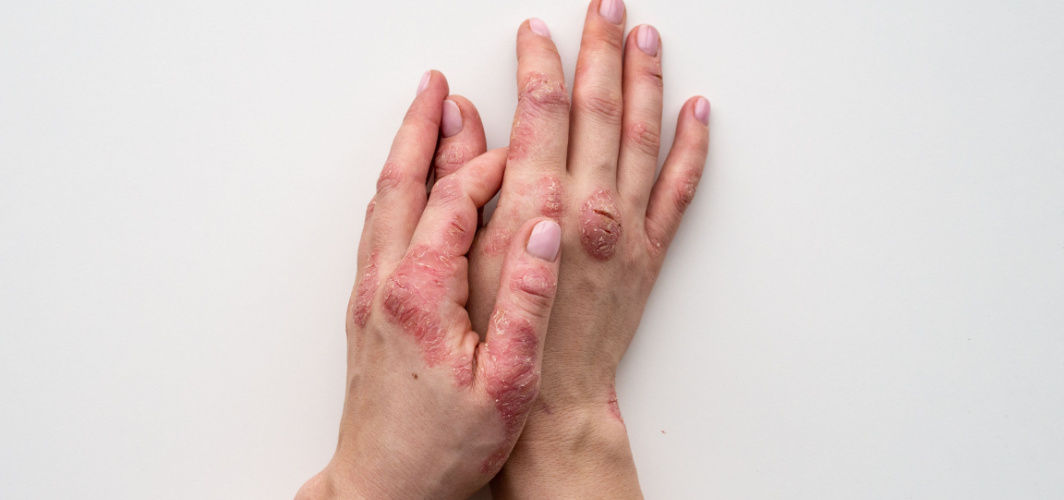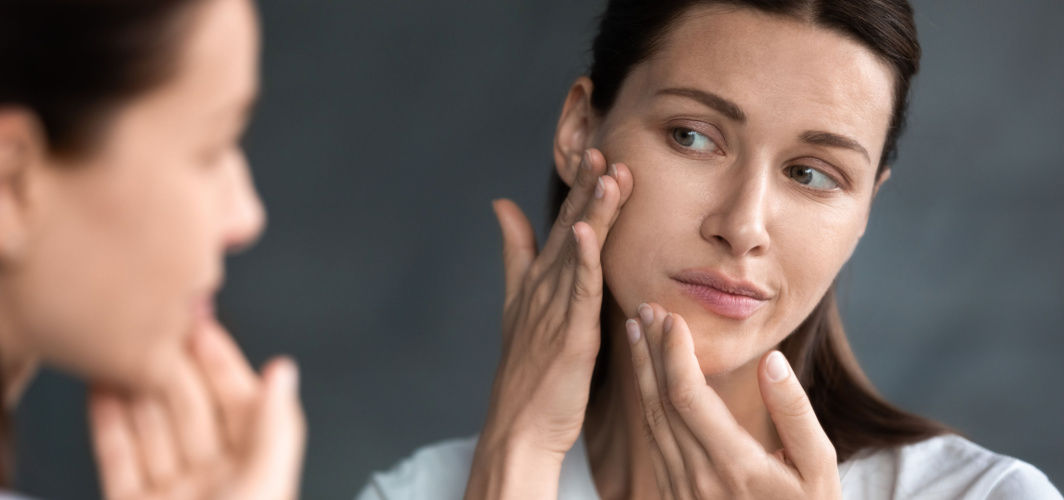Skin Care
6 Ways To Manage Sweating During Summers
3 min read
By Apollo 24|7, Published on - 27 April 2023, Updated on - 07 August 2024
Share this article
0
0 like

Sweating is a natural process that helps regulate the body's temperature. Sweat glands under the skin release fluid, which is mostly water, when the body temperature rises. This fluid evaporates from the skin, thus cooling down the body. Although sweating is normal, some people may feel uncomfortable if it leaves visible damp patches or stains. Moreover, excessive sweating can also cause itching and skin rashes. Here are some strategies that can be employed to reduce sweating.
1. Apply Antiperspirant
To reduce sweating, it is recommended to apply antiperspirants on the most sweat-prone areas such as the underarms. Antiperspirants block the sweat ducts, preventing sweat from reaching the skin's surface. Unlike deodorants, which mask sweat odour, antiperspirants control sweat production. Some antiperspirants also have deodorant properties and thus can be used before you head out.
2. Wear Loose, Light-coloured, Breathable Fabrics
To minimise sweating, choose clothing made from light, breathable fabrics with adequate ventilation. Opt for lighter colours as they reflect the sun's rays instead of absorbing them, keeping you cool. Loose clothing allows perspiration to evaporate and breathable fabrics help wick away moisture from the underarms.
3. Avoid Certain Foods
Spicy foods can cause the body to heat up, leading to sweating in an attempt to cool down. Caffeine is also not advisable as it stimulates the adrenal glands, causing sweating in feet, palms, and underarms. Therefore, avoid these foods to reduce sweating. Moreover, eating smaller, more frequent meals can keep you cool, as the body generates heat to break down food. Staying well-hydrated is important too to keep your temperature down.
4. Stay In A Cool Environment
Sweating is the body's natural cooling mechanism, so staying cool can help reduce the need to sweat. During hot conditions, sitting under a fan or keeping blinds and curtains drawn during the day can prevent overheating. It's a good idea to stay in a shaded spot when outdoors in the sun. Using a handheld fan can also help.
5. Practice Stress-Reduction Techniques
The sweat glands are triggered by nerves sensitive to hormones, emotions, and other stressors. During stressful situations, your body temperature increases, activating your sweat glands, resulting in stress sweating. To prevent stress sweat, you need to manage your stress levels through deep breathing exercises, listening to music, or having a chat with a loved one or friend.
6. Seek Medical Assistance
If you feel that you sweat excessively, it's important to consult with your doctor to check for the presence of a condition known as hyperhidrosis. If that’s the case, then there are many treatment options available, including:
- Prescription Antiperspirant: You may be prescribed a high-strength prescription antiperspirant for your head and face, which isn't available over the counter.
- Oral Medication: Doctors may prescribe medications that block the chemicals that let particular nerves communicate with each other, thereby reducing sweating. However, there are some potential side effects of these medications, like dry mouth, bladder problems, and blurred vision. So, it’s essential to talk to your doctor before trying it.
- Antidepressants: Anxiety can cause excessive sweating. Your doctor may prescribe antidepressants in case this is contributing to your problem.
- Botox injections: They temporarily block the nerves responsible for sweating. The effect of these injections can last anywhere from 6 to 12 months, post which, the treatment needs to be repeated. However, these injections may result in minor pain and temporary muscle weakness in the treated area.
- Surgery: In extreme cases, you can consider some surgical options such as sweat gland removal, microwave therapy, and nerve surgery. However, surgery is only recommended if other treatments fail to provide relief.
By following these tips, you can manage to reduce sweating during summer. If you have more questions,
Consult Apollo's Expert Dermatologists
Medically reviewed by Dr Sonia Bhatt.
Skin Care
Consult Top Dieticians
View AllLeave Comment
Recommended for you

Skin Care
5 Tips for Taking Care of Your Lips
Learn how to keep your lips healthy and moisturised with these 5 simple tips. From sun protection to proper hydration, discover the secrets to maintaining soft and supple lips.

Skin Care
Psoriasis: Definition, Causes, Symptoms, Treatments & Prevention
Discover Psoriasis - its definition, causes, symptoms, treatments, and prevention strategies for comprehensive insights and effective management.

Skin Care
Your Skin Can Indicate Rise In Cholesterol! Know How
Your dermatologist can recognise signs of high cholesterol in your body by looking at your skin and nails. Read on to know the different signs of high cholesterol on the skin.
Subscribe
Sign up for our free Health Library Daily Newsletter
Get doctor-approved health tips, news, and more.
Recommended for you

Skin Care
5 Tips for Taking Care of Your Lips
Learn how to keep your lips healthy and moisturised with these 5 simple tips. From sun protection to proper hydration, discover the secrets to maintaining soft and supple lips.

Skin Care
Psoriasis: Definition, Causes, Symptoms, Treatments & Prevention
Discover Psoriasis - its definition, causes, symptoms, treatments, and prevention strategies for comprehensive insights and effective management.

Skin Care
Your Skin Can Indicate Rise In Cholesterol! Know How
Your dermatologist can recognise signs of high cholesterol in your body by looking at your skin and nails. Read on to know the different signs of high cholesterol on the skin.




